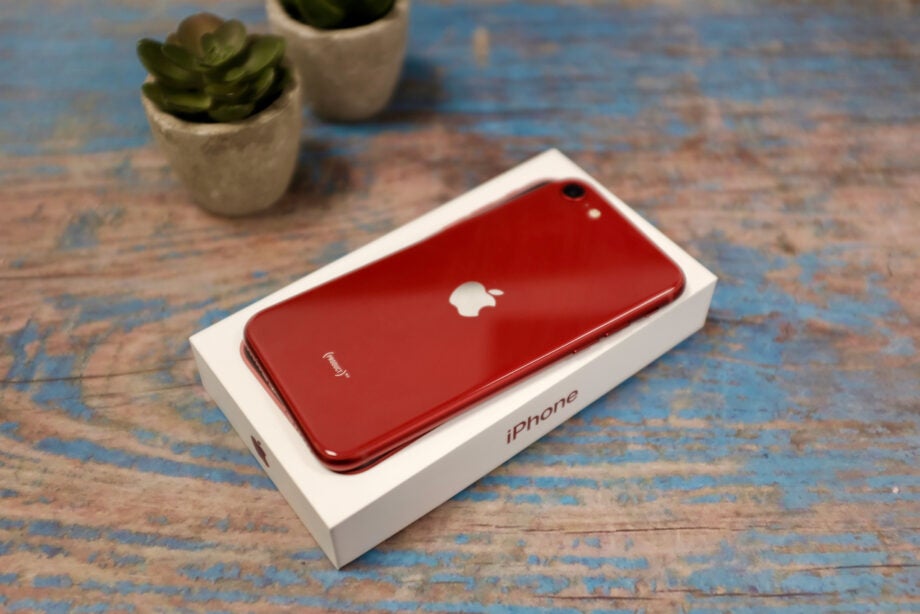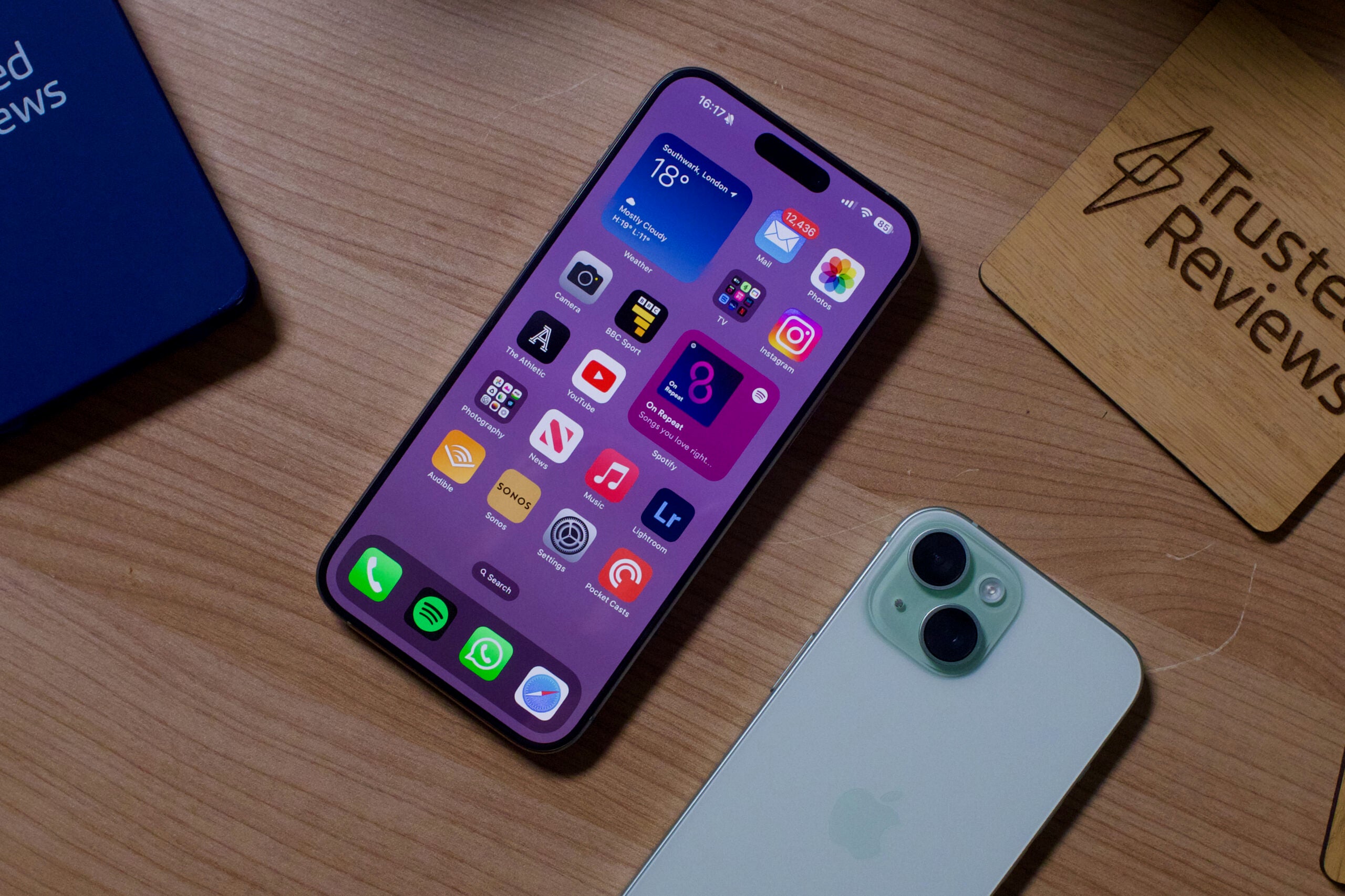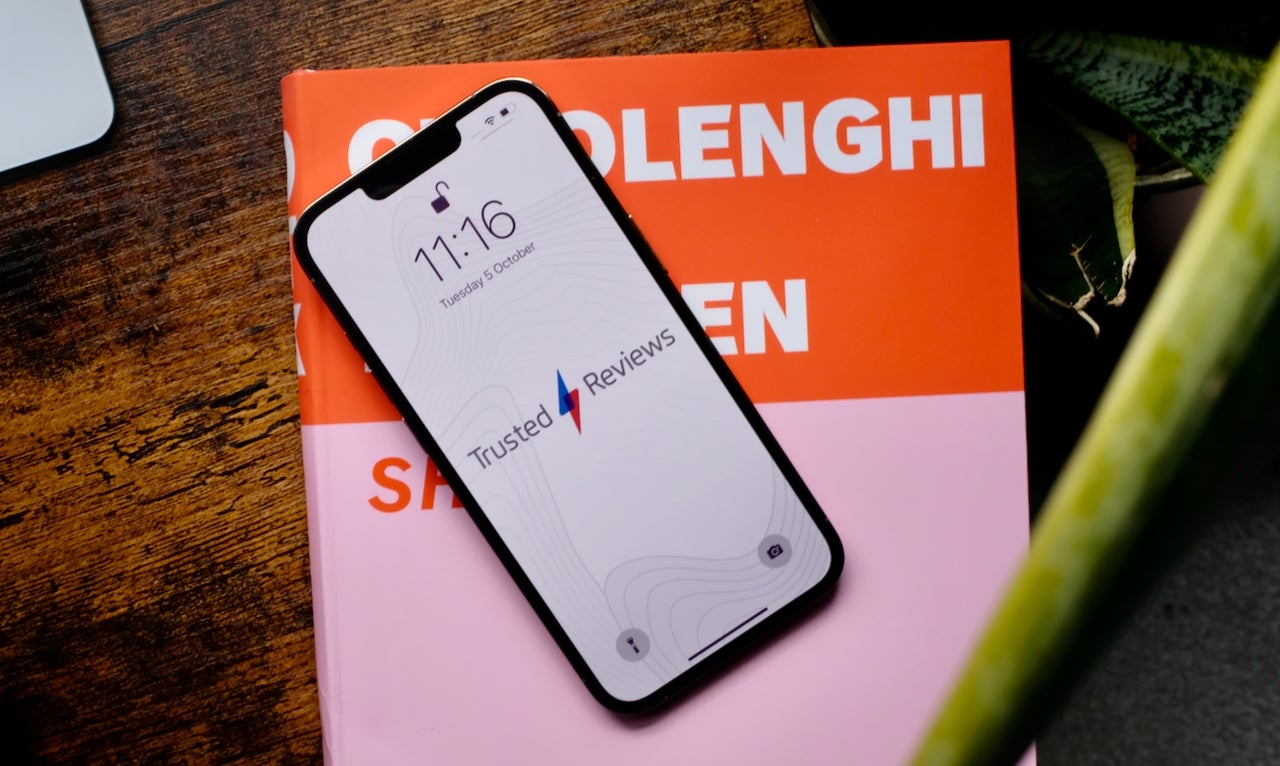Now the US wants to ban iPhone Lightning port and charger too

The prospects of Apple’s iPhone Lightning port and cable surviving much longer are looking bleak, after high profile politicians in the United States floated plans to follow Europe into a USB-C future.
Members of the United States Senate have called on the government’s Department of Commerce to create a universal charging solution for the public that’ll help both users and the planet.
The letter’s signees, which include well-known Democrats like Elizabeth Warren and Bernie Sanders, want the DoC to “develop a comprehensive plan that will protect consumers and the environment by addressing the lack of a common charger among mobile devices.”
The lawmakers point out that 40% of Americans have been unable to find a charger to use when they need one, on more than one occasion, and reverting to a single solution should aid this. They also say that the e-waste generated by disposing of and replacing these chargers causes more toxins in water, pollutes soil and degrades air quality. They amount to 11,000 tons of e-waste in the US, annually.
In the co-signed letter, the Senators commended the EU for taking the steps and advised the US to jump on the bandwagon.
They wrote: “The EU’s policy has the potential to significantly reduce e-waste and help consumers who are tired of having to rummage through junk drawers full of tangled chargers to find a compatible one, or buy a new one. The EU has wisely acted in the public interest by taking on powerful technology companies over this consumer and environmental issue. The United States should do the same.”
The EU has decided all new mobile devices purchased within the bloc must have USB-C chargers by the end of 2024. So far, the UK says it has no plans to follow suit. Progress is slow in the United States, so I wouldn’t expect anything before about 2073.





